in the series Crusade Texts in Translation
PETER W. EDBURY
The Conquest of Jerusalem and the Third Crusade: Sources in Translation
JANET SHIRLEY
The Song of the Cathar Wars: A History of the Albingensian Crusade
HELEN NICHOLSON
The Chronicle of the Third Crusade: The Itinerarium Peregrinorum et Gesta Regis Ricardi
JANET SHIRLEY
Crusader Syria in the Thirteenth Century: The Rothelin Continuation of William of Tyre
and in the Collected Studies Series
PETER W. EDBURY
Kingdoms of the Crusaders: From Jerusalem to Cyprus
H.E.J. COWDREY
The Crusades and Latin Monasticism, 11th12th Centuries
ANTHONY LUTTRELL
The Hospitaller State on Rhodes and its Western Provinces, 13061462
VARIORUM COLLECTED STUDIES SERIES
Crusaders, Cathars and
the Holy Places

Professor Bernard Hamilton
Bernard Hamilton
Crusaders, Cathars and
the Holy Places
First published 1999 by Ashgate Publishing
Reissued 2018 by Routledge
2 Park Square, Milton Park, Abingdon, Oxon OX14 4RN
711 Third Avenue, New York, NY 10017, USA
Routledge is an imprint of the Taylor & Francis Group, an informa business
This edition Copyright 1999 by Bernard Hamilton.
All rights reserved. No part of this book may be reprinted or reproduced or utilised in any form or by any electronic, mechanical, or other means, now known or hereafter invented, including photocopying and recording, or in any information storage or retrieval system, without permission in writing from the publishers.
Notice:
Product or corporate names may be trademarks or registered trademarks, and are used only for identification and explanation without intent to infringe.
Publishers Note
The publisher has gone to great lengths to ensure the quality of this reprint but points out that some imperfections in the original copies may be apparent.
Disclaimer
The publisher has made every effort to trace copyright holders and welcomes correspondence from those they have been unable to contact.
A Library of Congress record exists under LC control number: 99042636
ISBN 13: 978-1-138-33560-8 (hbk)
ISBN 13: 978-0-429-44367-1 (ebk)
VARIORUM COLLECTED STUDIES SERIES CS656
CONTENTS
CRUSADERS
Kings, Queens, and Regents
Medieval Women, ed. D. Baker Oxford, 1978
Die Kreuzfahrerstaaten als multikulturelle Gesellschaft, ed. HE. Mayer, Schriften des Historischen Kollegs Kolloquien 37. Munich, 1997
The Horns of Hattin. Proceedings of the Second International Congress of the Society for the Study of the Crusades and the Latin East, ed. B.Z. Kedar. Jerusalem, 1992
Crusade and Settlement, ed. P. W. Edbury. Cardiff, 1985
Kathegetria. Essays Presented to Joan Hussey for her 80th Birthday, ed. J. Chrysostomides. Camberley, 1988
Intercultural Contacts in the Medieval Mediterranean, ed. B. Arbel London, 1996
Churchmen
Nottingham Medieval Studies 28. Nottingham, 1984
The Joy of Learning and the Love of God: Studies in Honor of Jean Leclercq, ed. E.R Elder, Cistercian Studies 160. Kalamazoo, 1995
East and West in the Crusader States: Context Contacts Confrontations, ed. A. Davids and H. Teule, Orientalia Lovaniensia Analecta 75. Leuven, 1996
Studies in Church History 16. Birmingham, 1979
Attitudes to Islam
Journal of the Royal Asiatic Society 3rd series 7. Cambridge, 1997
CATHARS
Byzantium and the West c. 850c. 1200, ed. J.Howard-Johnstone. Amsterdam, 1988
Heresy and Literacy, c. 10001530, ed. P. Biller and A. Hudson. Cambridge, 1994
A Paper given to a Conference on Heresy in Eastern Europe at the School of Slavonic and East Euorpean Studies of the University of London in July 1994. Previously unpublished.
THE HOLY PLACES
The Catholic Historical Review 80. Washington DC, 1994
Special Issue of The International History Review, dedicated to Essays Commemorating the 900th Anniversary of the Proclamation of the First Crusade, 17(4). Burnaby, 1995
Renaissance and Modern Studies, in a special issue on Christianity and Islam, 31. Nottingham, 1987
This volume contains xii + 336 pages
I should like to thank the following for allowing my articles to be reproduced in this volume: Dr. Robert Swanson and The Ecclesiastical History Society (I and X); Professor H-E. Mayer, Dr. E. Mller-Luckner and the Historische Kolleg of Munich (II); Professor B.Z. Kedar (III); Dr. P.W. Edbury (IV); Miss Julian Chrysostomides and Porphyrogenitus Limited (V); Frank Cass Publishers (VI); Professor M.C.E. Jones and the Board of Nottingham Medieval Studies (VII); Dr. E. Rozanne Elder and Cistercian Publications Inc.(VIII); Victoria van Aalst and the A.A. Bredius Foundation of Kasteel Hernen, and the Peeters Press of Leuven (IX); Dr. David Morgan and the Royal Asiatic Society (XI); Adolf M. Hakkert (XII); Cambridge University Press (XIII); Revd. Mgr. Robert Trisco and The Catholic Historical Review (XV); Professor Edward Ingram and The International History Review (XVI); and Professor Mark Millington and Renaissance and Modern Studies (XVII).
The studies in this volume all deal with relations between Western Europe and the neighbouring civilizations in the Eastern Mediterranean. They fall into three main groups. The first is concerned with the settlement of westerners in the Crusader States in the twelfth and thirteenth centuries. Three of these essays are about the role of women in crusading society, which has hitherto received comparatively little attention. Yet because the states of the Latin East were almost permanently at war considerable powers often had to be delegated to women. Four essays deal with the Church in the Crusader Kingdom. Although the Catholic Church was established there, western Christians were always in a minority, and I have examined some of the ways in which Latin churchmen came to terms with this. My researches have shown that they were remarkably tolerant of eastern Christianity in its various forms. No attempt was made to convert members of other churches to Catholicism, but cordial relations were fostered between the Latins and some of the non-Chalcedonian Christians with the result that some oriental churches, notably the Maronites, were drawn into corporate union with the papacy. The Franks in the east also had many dealings with Muslims, as serfs and merchants and diplomats, as well as enemies on the battlefield. In essay XI I have considered how the Franks came to view their Muslim neighbours and whether they had any real understanding of the Islamic faith.


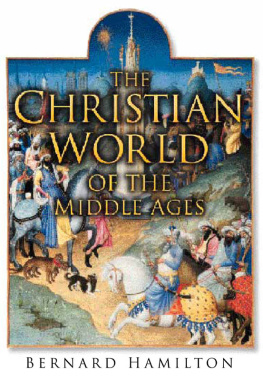
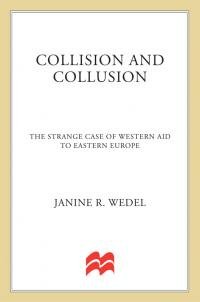

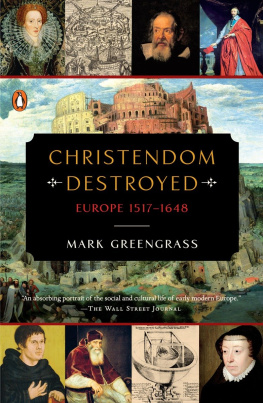
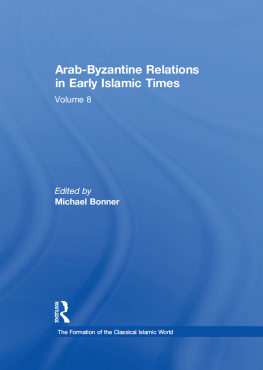
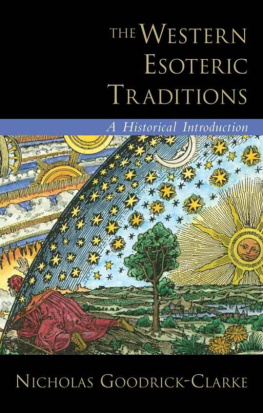


 Professor Bernard Hamilton
Professor Bernard Hamilton
